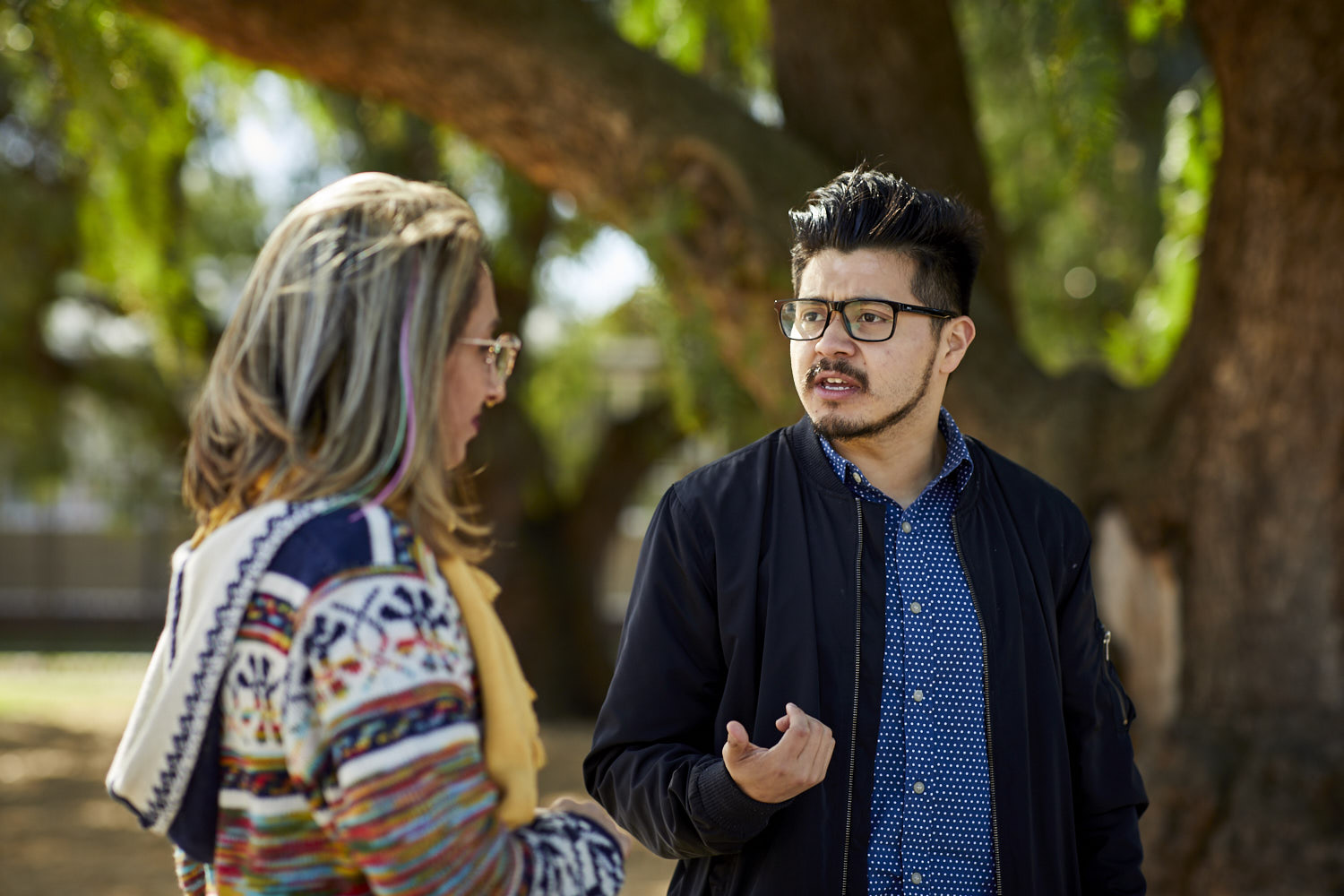On this page
Download this Fact Sheet:
Fact Sheet: Educator wellbeing after a natural disaster (3.1 MB, PDF)
Your wellbeing comes first
When a natural disaster occurs, communities can be impacted in a variety of ways.
Early learning services and schools are a significant part of any community and are therefore placed in a position to demonstrate responsiveness – not only once these events occur but also in preparation for such events.
Natural disasters can impact both individuals and communities in many ways. As an educator, supporting children and young people can help their recovery after experiencing these traumatic events. To provide this support, it’s important for educators to look after themselves first.
Balance your responsibilities and your own mental health
In your role as an educator, you’ll be faced with many challenges following a natural disaster. These include trying to support children and young people in your learning community as well as managing your own response to the event. It can be difficult to continue your day-to-day role, trying to provide a safe, secure environment for children and young people while also managing your own wellbeing.
Tips for self-care
Taking the time to look after yourself means you’ll be in a better position to provide support to those around you. Here are some tips for looking after yourself:
- Maintain routines that work for you – eat well, stay active, and sleep well. Your physical and emotional health are interconnected.
- Know who your supports are and spend time with them – this might be friends, family, community, kin or someone at work.
- Know your limits – supporting others can be tough, so know when to step back.
- Debrief with others at work – this can be informal or formal.
- Link with support outside of the learning environment.
- Create a wellbeing plan.
Adverse reactions to events may take several days or more to become apparent. Be mindful to check in with yourself, noting your mood, sleep, eating patterns and routine. If these have been affected, refer to your wellbeing plan for your preferred strategies for support.
Long-term considerations
Natural disasters can be traumatic and have long-term impacts for some people.
Recovery is different for everyone and certain events can cause distress, long after the event. Being aware of these triggers can help you to be better prepared. Some common events which may bring up feelings of distress for you, or others, can include:
- people in your family or learning community talking about the event
- weather events
- anniversary dates
- funerals or sorry business
- memorial days
- birthdays.
Other triggers which may be more individual can be harder to plan for. For some people, hearing sirens, fire alarms and experiencing smells which are associated with the event can trigger a response. While it isn’t possible to predict if and when this might happen, being aware of your own reactions and responses will help you to get timely support. There are a few things you can do to help be prepared, including:
- talking about the event when it happens
- knowing how past stressful events can impact on your ability to cope with future events
- being aware of your own mental health and wellbeing and knowing what your triggers might be
- knowing what your support options are and seeking them out as early as possible.
Be You Resources
Learn more about educator wellbeing and looking after yourself.
Learn more about grief, trauma and critical incidents.
Learn more about empowering learning communities to build resilience for the future in our Natural disaster response resources.
Be You Professional Learning
Learn more about the educators’ role in the recovery process following natural disasters and other community trauma.
-
External links
The Emerging Minds Community Trauma Toolkit contains resources to help and support adults and children before, during and after a disaster or traumatic event.
Phoenix Australia has a disaster Mental Health Hub with many Prepare, Respond and Recover resources.
The Australian Institute for Disaster Resilience (AIDR) develops, maintains and shares knowledge and learning to support a disaster-resilient Australia.
